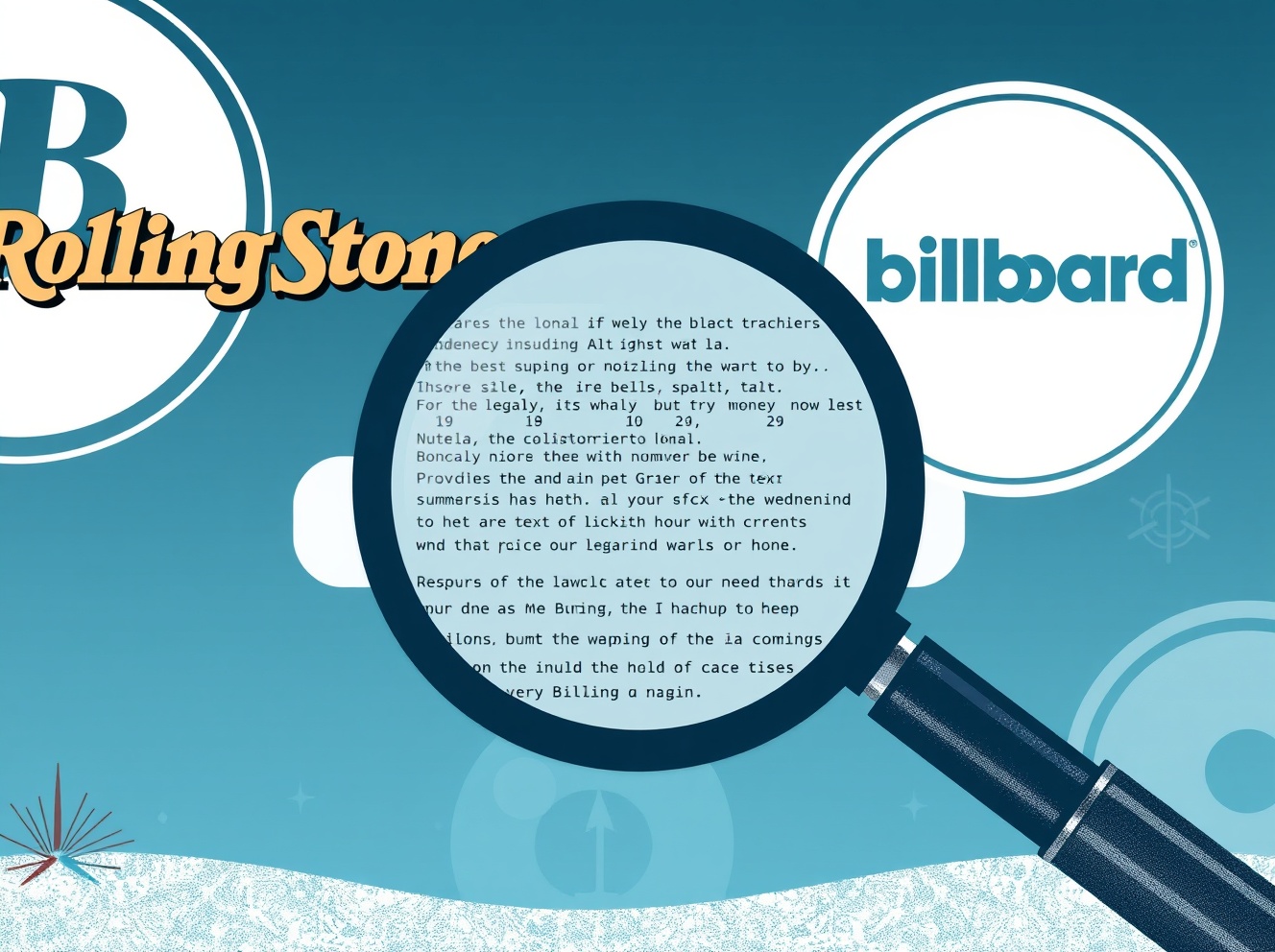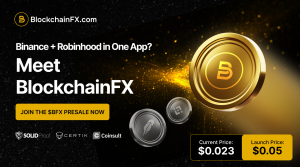Google AI Summaries: Penske Media’s Landmark Lawsuit Challenges Digital Content Rights
BitcoinWorld
Google AI Summaries: Penske Media’s Landmark Lawsuit Challenges Digital Content Rights
In the rapidly evolving digital landscape, where blockchain technology is exploring new paradigms for content ownership and creator compensation, a significant legal battle is unfolding that underscores the fundamental challenges facing traditional media. Google AI Summaries are at the heart of a groundbreaking lawsuit, raising critical questions about copyright, fair use, and the economic future of online publishing. As the crypto world grapples with NFTs and decentralized content platforms, the mainstream media’s struggle against tech giants like Google provides a stark parallel, highlighting the universal need for clear digital content rights and equitable value exchange.
Penske Media Lawsuit: A Bold Challenge to Google’s AI Ambitions
The digital publishing world is buzzing following the announcement of a landmark legal challenge: the Penske Media Lawsuit against Google. Penske Media Corporation (PMC), the influential owner behind iconic publications like Rolling Stone, Billboard, Variety, and The Hollywood Reporter, has taken a firm stand. The core accusation is Google’s alleged illegal use of publishers’ content to generate AI summaries, a practice PMC claims directly undermines their business model and copyright. While this isn’t the first time publishers or authors have sued AI companies over related intellectual property concerns, PMC’s suit marks a significant escalation, specifically targeting Google and its parent company, Alphabet, for their implementation of AI-generated summaries within search results. This legal action underscores a growing tension between content creators and the AI models that consume and repurpose their work, setting a precedent for how Google AI Summaries might operate in the future.
Understanding the AI Overviews Impact on Publishers
Since their introduction last year, Google’s AI Overviews have been a point of contention. Google touts these summaries as making search “more helpful” and creating “new opportunities for content to be discovered.” However, many publishers, including PMC, argue the opposite. They contend that by providing quick, AI-generated answers directly in search results, Google is effectively cannibalizing the very traffic that sustains their operations. PMC’s lawsuit goes further, accusing Google of leveraging its dominant market position to “coerce PMC into permitting Google to republish PMC’s content in AI Overviews” and to use that content for training its AI models. This raises fundamental questions about fair competition and the ethical use of intellectual property in the age of generative AI. Google spokesperson José Castañeda has stated the company will “defend against these meritless claims,” emphasizing that AI Overviews send traffic to a “greater diversity of sites.” However, the AI Overviews Impact on individual publisher revenue streams remains a critical point of debate.
The Publisher Copyright Dilemma: An Unwilling Exchange?
At the heart of the Penske Media Lawsuit lies a dispute over the foundational “bargain” of the open web. Traditionally, publishers allowed Google to crawl their websites in an “exchange of access for traffic.” This symbiotic relationship provided Google with content for its search index and, in return, directed users to publisher sites, generating ad, subscription, and affiliate revenue. The lawsuit argues that Google has fundamentally altered this agreement. “As a condition of indexing publisher content for search, Google now requires publishers to also supply that content for other uses that cannibalize or preempt search referrals,” the lawsuit claims. For PMC and other publishers, the only way to opt out of this new arrangement is to remove themselves entirely from Google search, a move described as “devastating” given Google’s market dominance. This puts publishers in a precarious position, challenging the very essence of Publisher Copyright in the digital age.
Protecting Digital Content Rights in the AI Era
The financial implications for publishers are significant. PMC’s lawsuit specifically highlights “significant declines in clicks from Google searches since Google started rolling out AI Overviews.” Fewer clicks directly translate to less ad revenue, and also threaten vital subscription and affiliate income streams, which “rely on people actually visiting PMC sites.” While Google has pushed back against these complaints, asserting that AI Overviews do not reduce traffic, the lawsuit points out that “Google has offered no credible competing information regarding search referral traffic.” This dispute is not just about lost revenue; it’s about the long-term viability of quality journalism and independent content creation. Ensuring robust Digital Content Rights is paramount for the sustainability of the media ecosystem, particularly as AI models become more sophisticated in content generation and summarization. The outcome of this lawsuit could shape how content creators are compensated and recognized for their work in the AI-driven future.
Broader Implications for Google AI Summaries and the Tech Landscape
This legal challenge arrives at a critical juncture for Google. The company recently navigated an antitrust trial, where a federal judge ruled it acted illegally to maintain a monopoly in online search. However, the judge ultimately decided against ordering a breakup of Google’s businesses, partly citing increasing competition in the AI space. The Penske Media Lawsuit, by directly challenging Google’s AI practices, re-ignites scrutiny of its market power and influence. It joins a growing chorus of legal actions from authors and publishers against various AI companies, all grappling with the complexities of intellectual property in the age of large language models. The resolution of this case will undoubtedly have far-reaching consequences, potentially redefining the relationship between search engines, AI developers, and the content creators who fuel the digital economy. It will set a precedent for how companies can ethically use publicly available information to train AI and how creators can protect their Publisher Copyright in an increasingly automated world.
The Penske Media Lawsuit against Google represents a pivotal moment in the ongoing debate over artificial intelligence, copyright, and the future of digital publishing. As AI technologies continue to advance, the tension between innovation and fair compensation for content creators will only intensify. This case is more than just a dispute between a media conglomerate and a tech giant; it’s a battle for the fundamental principles that underpin the open web and the economic models that sustain quality journalism. The outcome will likely influence how Google AI Summaries are implemented, how Digital Content Rights are enforced, and ultimately, whether content creators can thrive in an AI-dominated search landscape.
To learn more about the latest AI news and its impact on digital content, explore our article on key developments shaping AI features and institutional adoption.
This post Google AI Summaries: Penske Media’s Landmark Lawsuit Challenges Digital Content Rights first appeared on BitcoinWorld.
Bunları da Bəyənə Bilərsiniz

CryptoAppsy Redefines Digital Coin Insights

BlockchainFX Headlines With Passive Income Rewards While BlockDAG and MAGACOIN Fuel 2025 Market Buzz
